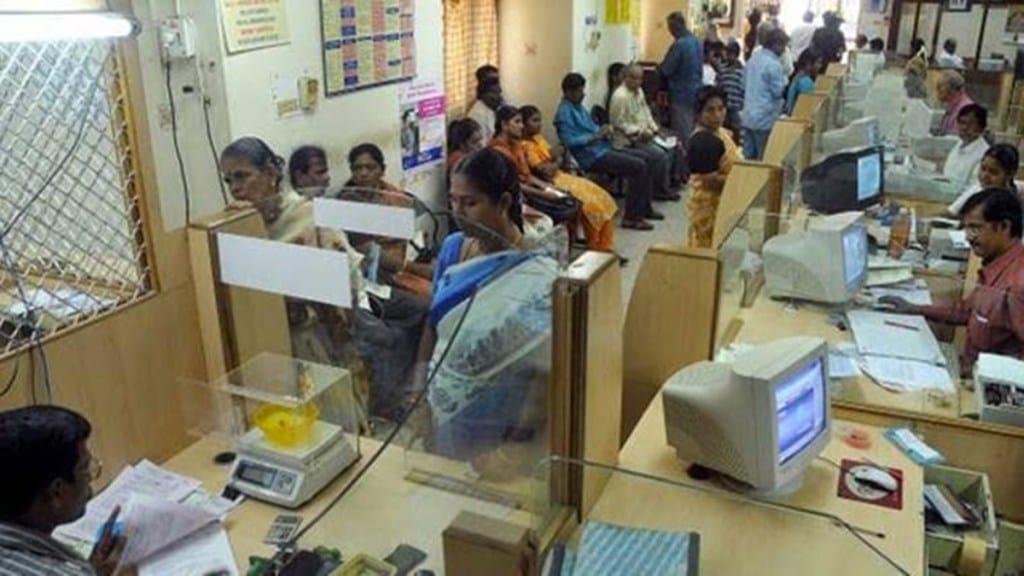The finance ministry has asked state-run banks to conduct open-house interactions with GenNext customers across centres, seeking to improve loan flow to start-ups, budding entrepreneurs by better understanding their requirements, official and banking sources told FE.
The move follows the ministry’s directive to public-sector banks (PSBs) to conduct a third-party survey “for a reality check” on benefits accrued to customers due to various reforms measures undertaken by them over the past four years. FE had earlier reported that finance minister Nirmala Sitharaman had also asked PSBs to develop business models, factoring in the requirements of the GenNext customers.
Also read: The role of business intelligence and data analytics in growth of BFSI
“The government’s idea is to nudge the PSBs to adopt a more customer-centric approach and identify potential areas of growth. The customer base has risen substantially, so have their requirements,” said one of the sources. “For instance, start-ups and first-generation entrepreneurs may have business ideas that are vastly different from those of traditional businesses. So, it’s important that PSBs are able to aggressively tap different types of customers,” he added.
The move will help start-ups that are hit hard by the pandemic and are now going to be impacted further by the rising interest rate scenario when liquidity is unlikely to be easily available to new entrepreneurs. Already, the funds raised by Indian startups between January and September dropped 19% on year to $22 billion, according to Inc42’s Indian Startup Funding Report Q3 2022. Over 75,000 start-ups are currently recognised by the department for the promotion of industry and internal trade, who can be tapped as for credit requirement.
Non-food bank credit grew 16.9% in September, against 6.8% a year before, according to the latest Reserve Bank of India (RBI) data. Loans to industry, however, grew at a slower pace of 12.6% in September, still impressive by its standard, against 1.7% a year earlier.
In recent months, the ministry has renewed focus on the “good old ‘customer-first’” approach, as it feels state-run banks’ understanding of the changing needs of customers will help them withstand fierce competition from their private peers, who have been steadily wooing customers away from the PSBs due to what many perceive as their “better customer services”.
The share of state-run banks in total loans and advances dropped from almost 71% in FY16 to about 59% in FY21.
Also read: The floppy disk is alive and apparently selling better than you’d probably expected
Consequently, the latest version of the EASE (Enhanced Access and Service Excellence) reform programme for PSBs lays great stress on the need for state-run banks to continue to invest in new-age capabilities and deepen the on-going reforms to respond to evolving customer needs.

